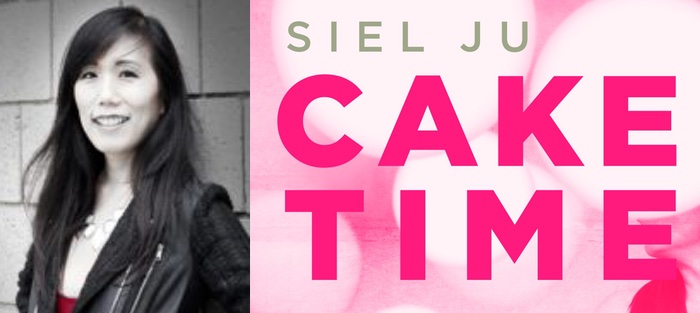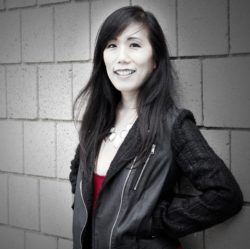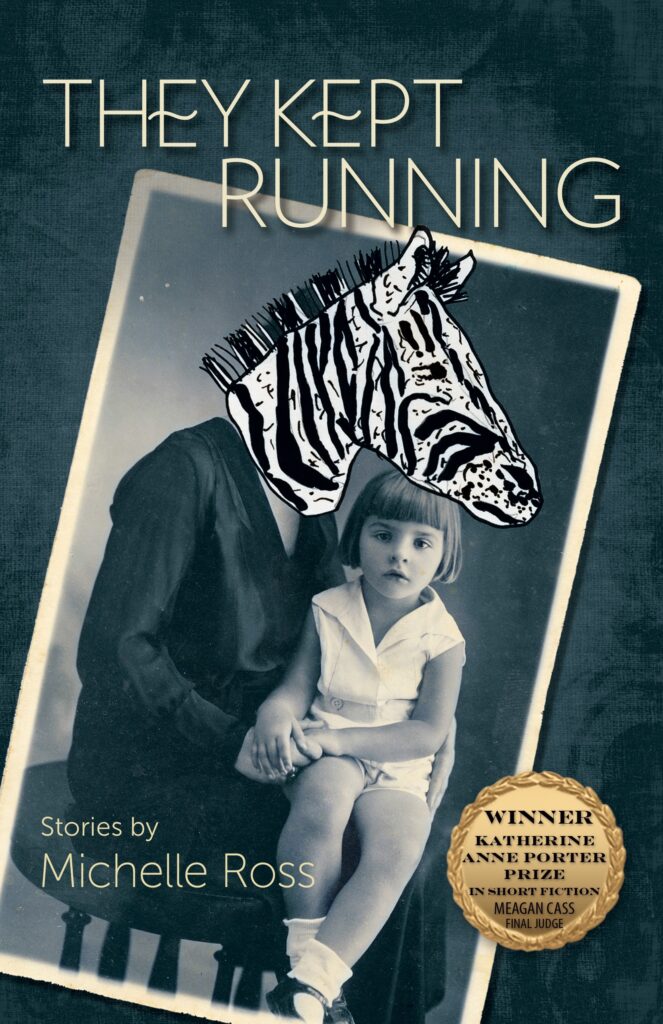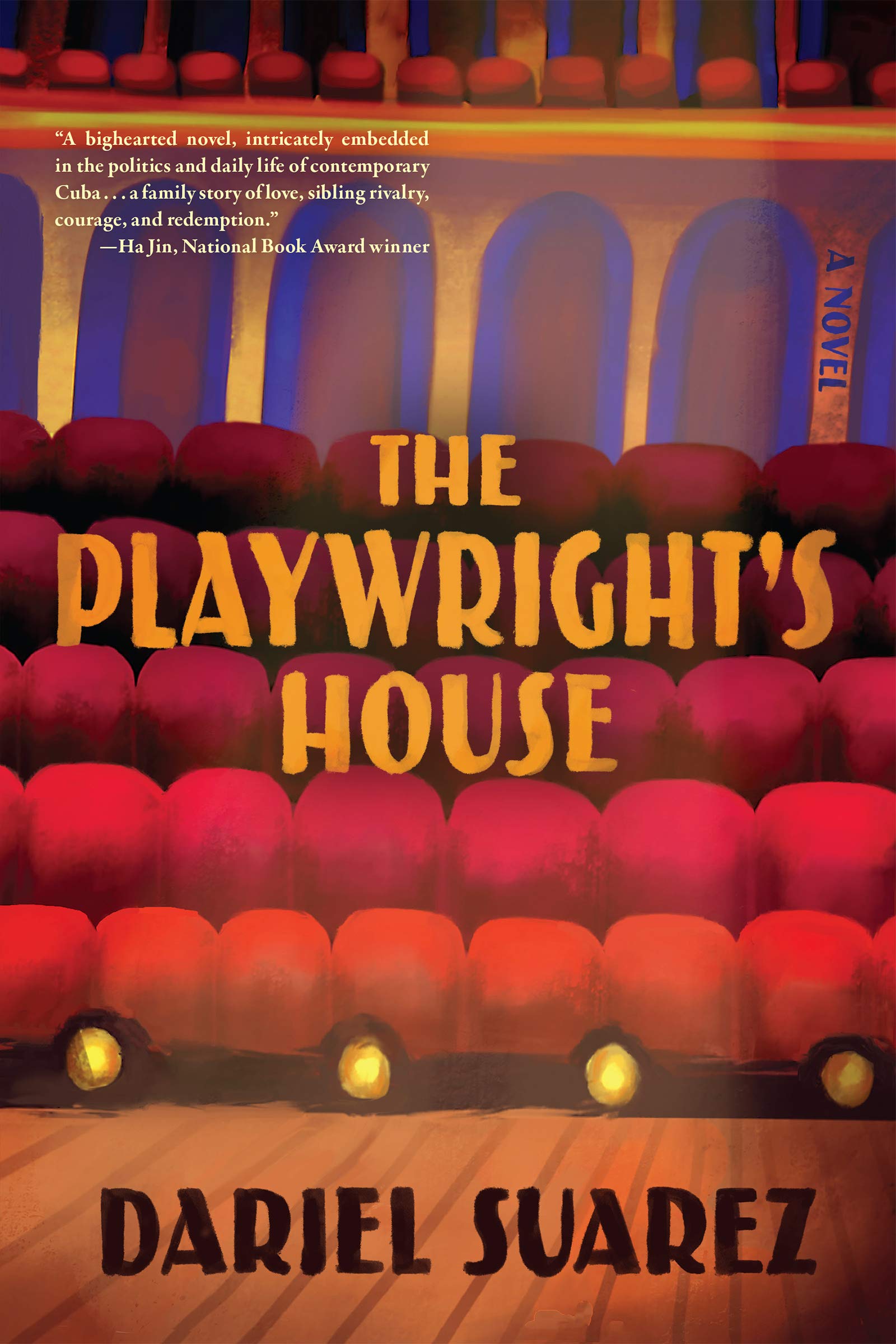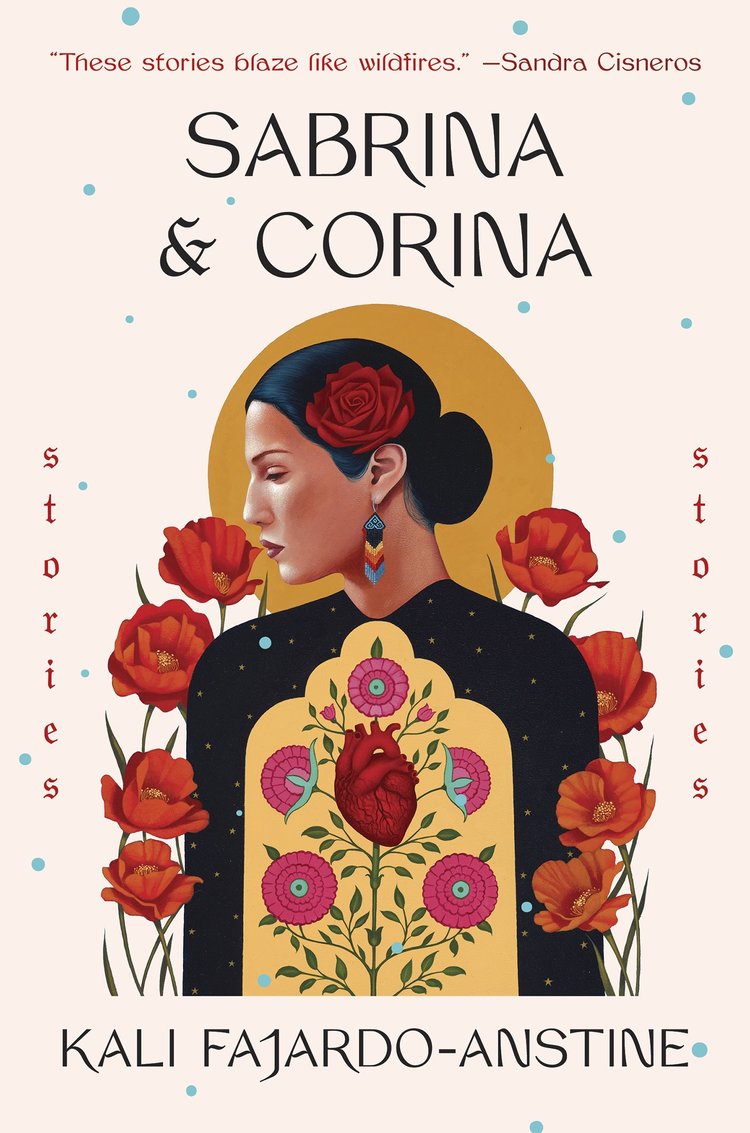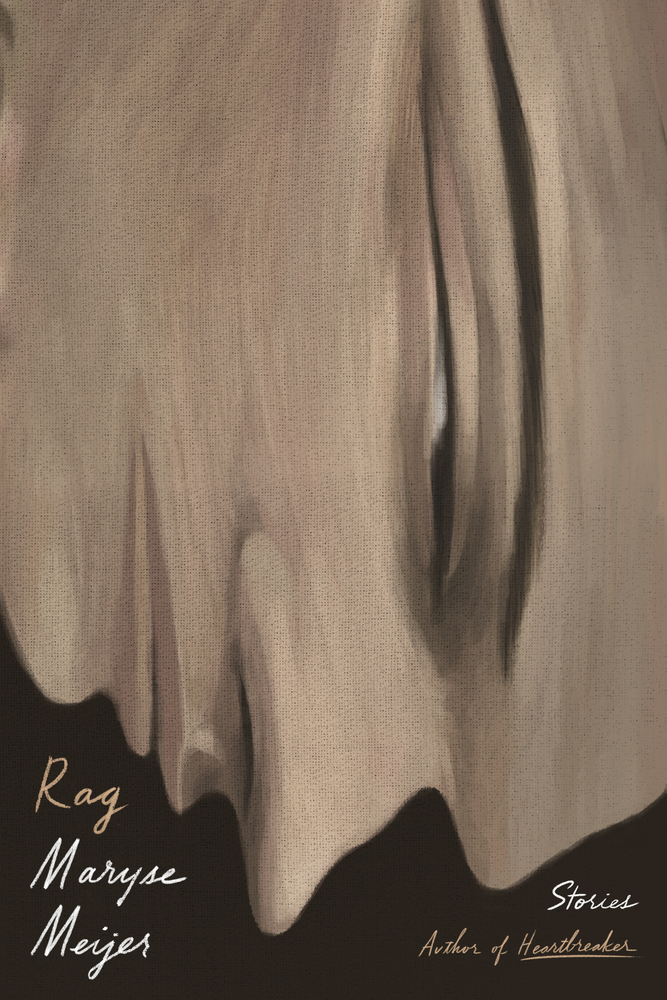Siel Ju’s novel-in-stories, Cake Time, won the 2015 Red Hen Press Fiction Award and is being released in April 2017. The book chronicles a young female protagonist’s life from relationship, or hook-up (as her friend Erin says in the book, “Dated? Or slept with?”), to relationship for over a decade as she struggles to find connection in the contemporary world. Ju’s writing is refreshingly honest, the characters’ situations at once familiar and made new. Her writing about sex is often both painful and hilarious. In the title story, the protagonist and her college roommate taunt the roommate’s brother that if he’s going to make out with his drunken girlfriend in front of them, he might as well just “do it” in front of them. He nervously, angrily takes them up on their challenge. In “The Supplies,” the young protagonist has a brief fling with an older, married coworker at the business she’s temping at and imagines a relationship blooming where there isn’t one. In “The Regulars,” she finds herself dishing out to one man she’s dating the same kind of cruelty she receives from the other man she’s dating.
Ju is also the author of two poetry chapbooks, Feelings Are Chemicals in Transit (Dancing Girl Press, 2014) and Might Club (Horse Less Press, 2014). She is the editor of the online flash fiction journal Flash Flash Click.
I chatted with her over email the last couple of weeks.
Interview:
Michelle Ross: Your book, Cake Time, is marketed as a novel-in-stories. Certainly that categorization makes sense, for the book’s eleven stories follow the same character throughout; yet while the stories are chronological and largely deal with the protagonist’s relationships with men, they form more of a collage than a straightforward plot structure. At the same time, the distinctions between a novel and a linked story collection and a novel-in-stories are fuzzy. For instance, many people label Jennifer Egan’s A Visit From the Goon Squad a linked story collection, yet it was marketed as a novel. How did Cake Time come to be marketed as a novel-in-stories? Was this a decision you made or the press? What are your thoughts on classifying your book or books in general into these various categories?
Siel Ju: Well, as you know, novels in general are easier sells than short story collections. Knowing this played a big part in how I came to put Cake Time together.
At a certain point, I had about dozen or so short stories–and noticed that a handful of them pretty much had the same protagonist. Realizing this–plus thinking about how the individual stories really needed to cohere into a collection–plus considering the realities of the fiction market that favors the novel form–I decided I’d make my collection a novel-in-stories, featuring the same protagonist. I then wrote additional stories to “fill in” gaps in the protagonist’s life. So in many ways, the decision was a pragmatic one on my part–but one that led me in new and challenging creative directions.
Which is to say–I was the one who decided to call Cake Time a novel-in-stories. And after I did, no one in the publishing process–not my agent, editors, publisher, or even writer friends–ever questioned the designation. It never came up as an issue.
In retrospect, I wonder if I should have just called Cake Time a novel. As you’ve pointed out, there’s no real firm line between a short story collection, a novel-in-stories, or a straight up novel. I think the general trend lately has been to market these book-length works with freestanding yet connected stories as novels–and I suspect this is done primarily to boost sales or to better chances for literary prizes, which also seem to favor novels. But whatever–since I’ve called Cake Time a novel-in-stories, I guess I’ve reserved the right to call my next book a debut novel. Ha!
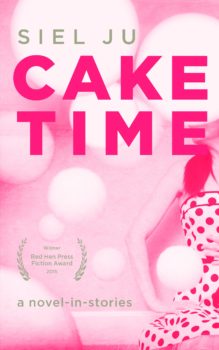 I’m imagining you may have begun the newer stories for Cake Time with more concrete goals up front than you did with other stories you’ve written. In addition to the task of filling in certain time periods, did you set out with any other tasks in mind as far as the development or characterization of your protagonist goes? Did that affect the writing process in any way?
I’m imagining you may have begun the newer stories for Cake Time with more concrete goals up front than you did with other stories you’ve written. In addition to the task of filling in certain time periods, did you set out with any other tasks in mind as far as the development or characterization of your protagonist goes? Did that affect the writing process in any way?
With the later Cake Time stories, I wanted to try to create a sense of an arc–the sense that the character is getting older, and learning some things, though perhaps not the right things or not as quickly as she should. This meant I ended up writing more stories when the protagonist is older–so in terms of shape, the collection ended up spanning more time than I’d originally thought it would.
It’s said that great writers can make craft seem deceptively simple. Your stories are like that for me. There’s a way in which they seem simple on a plot level. This happens, then that happens. But this simplicity is deceiving. There’s great depth to these stories. They’re riveting, and the writing is so sharp. I’m curious about what you look for in a good story, whether your own or another writer’s. Are there particular elements, craft or otherwise, that are more important to you than others?
Thank you–I’m not sure I can say there’s something specific I look for in a good story, except a sense of connection or recognition that happens at an emotional level. It’s very hard to describe, especially at the level of particular elements…
I think I do tend to be attracted to prose that seems almost flat, or deadpan, or unsentimental, simply because that seems closer to how I tend to experience life–on a day to day level I feel like this happens, then that happens, then this happens again, then that happens yet again….
The final line of the first story, “How Not to Have an Abortion,” reads, “For a minute it’ll feel vaguely like you’re both just following a script, acting out a long-ingrained habit you never knew you had.” This sensation of watching one’s life from outside the self, like it’s a theatrical performance, is a running theme in your book. And I think it’s a sensation to which we can all relate to some extent or another. Would you talk a little bit about this in terms of your novel as a whole? Why does this topic interest you?
Well, on a sort of broad, sociological level, I think we all–and women especially–have been conditioned to think often and hard about how we appear to others–to be concerned about that outside appraisal more so than about how we appear to ourselves or even how we feel. In fact for myself, and I think for many people, how I feel I appear to others is in many ways inseparable from how I feel period.
I’m not sure if this is a distressing symptom of our time–that it’s all perhaps getting worse with Instagram and carefully curated Facebook profiles and the ubiquity of camera phones–or if this is how things have always been. After all, generations older than me seem to have cared even more, in some respects, about what their neighbors might be thinking about them–and as a result, chose to conform more.
But the topic certainly does interest me–I think it’s because this sense of watching one’s life from outside the self seems very self-effacing–in a I-cannot-bear-to-be-truly-present-for-this-experience-type manner–yet simultaneously, very self-indulgent–in a I-like-to-spend-my-time-watching-film-clips-of-myself kind of way. It’s both an erasure of the self and an obsession with the self.
I’m often drawn to fiction that plays around with these ideas. For example, I recently read Kate Zambreno’s Green Girl, and ran across these lines: “Sometimes she narrates her actions inside her head in third-person. Does that make her a writer or a woman?” Interesting question, no?
That’s a great line, and it gets at something I wonder about and was certainly thinking about while I read your book: do writers tend to view their lives from a greater distance or a different kind of distance than most people? That is, as a woman I identify with what you talk about here of feeling that this viewing of oneself from a distance can be both self-effacing and self-indulgent. As a writer, however, this distance seems colder, more a kind of scientific curiosity.
This brings me to your writing about sexual and romantic relationships, which are at the heart of this book. You portray these relationships honestly and expertly and with a kind of distance. The result is familiar and painful and hilarious all at once. Like this passage from “The Robertson Case”:
In the car we fogged up the windows. The desperate quality of his need made me reticent, much more reserved than usual. I didn’t know what to do with my hands. I kept putting them on his chest, pushing him away slightly. I didn’t want clothes coming off in the parking lot; I remembered how Erin had said “Dated? Or slept with?” in that resentful tone of hers. I could tell Jonah was trying not to appear too pushy but having a hard time of it. My mouth felt raw; he had this aggressive way of sucking my lip. Finally he pulled away, fell back into the driver’s seat, breathing hard. He looked at me with a mix of desire and dissatisfaction, then suddenly grabbed my hand and rubbed it against his crotch, hard, three times. He let go, waiting to see what I would do. When I moved my hand away his face contorted into a frustrated cringe. Then he recovered. He smiled, teeth gritted with a mock confidence, like this was about how far he’d expected things to go, and he respected me for it. I smiled back.
Writing about sex has its challenges, though, at least for most writers. What do you find particularly challenging about writing about sex? Has it ever gone horribly wrong for you on the page? Do you have any advice for other writers about how to write sex well?
Honestly, I feel like most of my challenges with writing have to do with plot and tension–so I guess the same would apply with writing about sex. It’s interesting, because it didn’t really occur to me that my stories were so much about sex until I started getting the blurbs for my book, and the blurbers all commented on it. I still don’t think the stories are really about sex although obviously sex happens in them. For me the stories are really more about loneliness and disconnection and anxieties about wasted time and other things.
But going back to the question: I think reading–and laughing over–the winning passages of the annual Bad Sex in Fiction Award is a good idea for any writer. It’s a learn-by-reading-what-not-to-do type thing. Plus a lot of great writers have gotten that award, so it reminds you not to be too hard on yourself about your writing, whether it’s about sex or anything else.
On a more specific note, I think when writing about sex, a simple this-happens-then-that-happens approach works best for me. Add in adjectives and adverbs and metaphors and similes, and the writing quickly goes from sexy to kind of hilarious.
Totally. Also, in regards to your stories not really being about sex, I think that’s key. Where some writers go wrong with sex scenes is that they focus too much on trying to be sexy. The writing ends up being unintentionally funny as a result. Maybe because it’s too far from real experience. Maybe because real sex isn’t all sexiness. But also because sex in fiction should never be just about sex.
You mention plot and tension being your biggest challenges with writing. Would you talk a little more about that? Is plot something you think about before you begin writing or does it enter the picture later during revision? Any tips for others writers–I think that’s many of us–who also struggle with plot?
Well, with short stories–which is what I’ve written mostly so far–I generally start with a very bare-bones idea of plot—i.e., one event that I think will create a central conflict. At the moment I’m working on a novel, though, and with this project, I’ve really had to think and plan out the plot in more detail–I just can’t hold all the pieces in my head the way I can with a shorter piece. It’s a challenge that, as of yet, I’ve far from figured out.
Cake Time is set in Los Angeles. Would you talk a little about what role you see setting playing in the book? Are the protagonist’s struggles particular in any way to her living in L.A.?
I think there’s a sense of disconnection in Cake Time that’s unique to L.A. Many other writers have touched on this before, but because L.A.’s still very much car-culture-driven, it is tougher for people to spontaneously run into each other. You really have to make plans to meet people then both drive there to meet–and as a result I think there’s a lot less spontaneous conversations and meetings and friendships developed in general in looser situations, like waiting at subway stops or whatever. I actually feel like this is changing a bit in L.A. with more walkable neighborhoods growing and the public transportation system slowly getting more robust–but that’s really just a feeling I have, versus anything backed up by empirical evidence. It’s possible I’ve just gotten chattier/friendlier in recent years.

